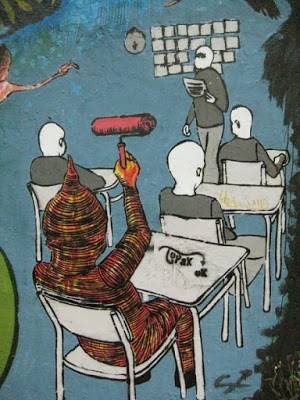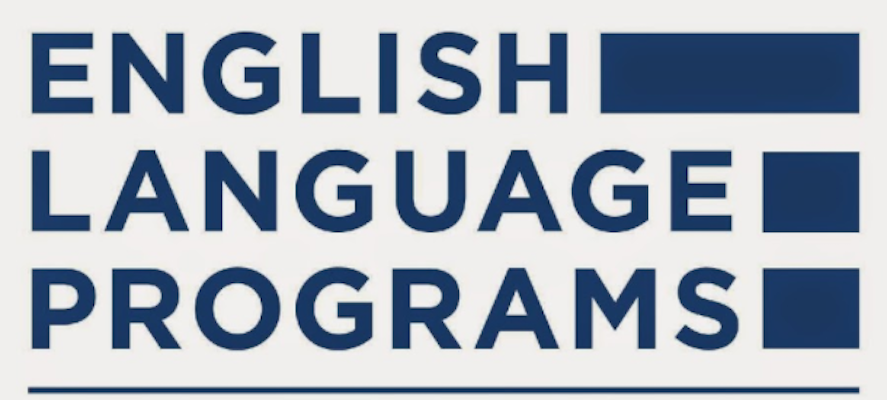Educational exchange programs have never been more relevant than they are today. We live in a world where millions of people go abroad to work and find opportunities not available “at home”. This trend has changed the face of higher education worldwide and required it to become an international endeavor. Citizens of Urbana-Champaign need only take a stroll around the Quad to appreciate the wide variety of human and cultural diversity represented by the faculty and student body at UIUC. For a growing number of people around the world, spending time abroad is now not simply a rite of passage or way to spend a gap year: it’s an important way to acquire the skills necessary to successfully compete in an increasingly globalized world and educational exchange programs facilitate these experiences.
 Through a few different exchange programs, I’ve lived and worked in different countries, experienced new cultures and learned new languages. My most recent experience came during the 2014-15 academic year, when I completed an English Language Fellowship at the National Institute for Science and Technology (NUST MISiS) in Moscow, Russia. The Fellows Program is an initiative sponsored by the U.S. State Department in concert with Georgetown University that “places highly qualified TESOL professionals in positions around the world, teaching at local universities and working in partnership with respective embassies”. In addition to leading classes on academic writing and science communication at my host institution, I had the unique opportunity to travel around Russia in support of various programs designed to facilitate and promote English language learning.
Through a few different exchange programs, I’ve lived and worked in different countries, experienced new cultures and learned new languages. My most recent experience came during the 2014-15 academic year, when I completed an English Language Fellowship at the National Institute for Science and Technology (NUST MISiS) in Moscow, Russia. The Fellows Program is an initiative sponsored by the U.S. State Department in concert with Georgetown University that “places highly qualified TESOL professionals in positions around the world, teaching at local universities and working in partnership with respective embassies”. In addition to leading classes on academic writing and science communication at my host institution, I had the unique opportunity to travel around Russia in support of various programs designed to facilitate and promote English language learning.
My work took me across Western Russia and gave me the chance to interact with people from all walks of life. I met teachers and scientists, musicians and soldiers, Muslims, Jews and Christians, Tatars, Buryats, Karelians as well as a few Kazakhstanis, Kyrghyz, Uzbeks, Georgians and Belarusians. I visited the city of Arkhangelsk in February and experienced the icy reality of winter in the arctic. I walked the grounds of Tolstoy’s estate, Yasnaya Polyana, as spring was blooming and fresh flowers blossomed on his grave in the woods. I explored the city of Kazan, a place over 1,000 years old, where Muslims and Christians, Tatars and Russians (and the occasional American) live side by side in peace.
These excursions revealed a Russia much more vibrant and complicated than the country I’d come to know through books, classes and the news. The Fellows Program afforded me the chance to see things with my own eyes and to act as a citizen ambassador for my country and language. It was a once-in-a-lifetime opportunity and one that improved me on a personal and professional level in innumerable ways.
As such, I was discouraged to find out that funding for the English Language Fellows Program is on the chopping block as part of the new administration’s proposed “skinny budget” for the current fiscal year. This proposed budget cut is not only short-sighted; it represents a willingness on the part of our leaders to subordinate the often messy but immensely rewarding (and valuable) work of building bridges of mutual understanding between the people of different nations and cultures in order to create (and try to profit from) ideological and cultural barriers.
As the current, primary lingua franca for the spread of scientific knowledge (as well as many facets of global popular culture), learning English opens doors. While native English speakers often take the utility of their mother tongue for granted, for many people around the world, if you want to make more money, if you want to travel, if you want to engage with a wide swath of mainstream, English-language pop culture, if you have a message you’d like to share and would like to reach as wide an audience as possible (like publishing your research in a journal well-regarded in your field, for example), you need to know English. It is a practical skill and the Fellows program helps people become proficient English communicators and use this ability to reach their goals and interact with a wider world.
While political to an extent (the funding comes from the State Department’s Educational and Cultural Exchange account), the Program represents the best of what educational exchange programs (and what political programs) can offer: it broadens horizons, lets people see the world for themselves, and encourages (and reinforces the value of) collaboration and serving others. By giving motivated and capable language instructors the chance to work with driven, talented language learners, the English Language Fellows Program is a ‘win-win’ proposition where everyone involved has the opportunity to grow, engage in dialogues that help dispel divisive stereotypes and focus on our many similarities instead of obsessing over what usually amount to superficial differences.
Through language, we can explore and appreciate the diverse beauty of the world on a deeper level and from new perspectives. It helps us to know where we come from, define who we are and chose our own path in life. As a language exchange program, the English Language Fellows Program embraces these ideas and operates under the belief that the pen is indeed mightier than the sword, that investing in language is also investing in security, in diplomacy, in innovation, and that our ability to express ourselves and communicate with one another is one of our greatest assets.
As a government-funded program, it also means that there is a part of the government that shares these beliefs and understands the strategic, cultural, political and humanitarian value in promoting language learning. To cut such a program in favor of building more tanks, bombs and other implements of destruction would deplete a vital part of the arsenal our country uses to build and maintain peace.
So, we come to a choice: we can continue the often messy, always worthy work of trying to comprehend one another, promote mutual understanding, and find common bonds. Or we can give into contempt and surround ourselves with walls, both physical and ideological. While it may be hard to evaluate the return on an investment in building peace in any monetary sense, as a place where a common language has united people from all over the world, the U.S. should lead by example and invest in our language, an important source of our country’s strength and prosperity. Our leaders must promote ways to unite people instead of dividing them, and one way to do this is to ensure that the English Language Fellows Program has the means necessary to continue engaging in its estimable work.








